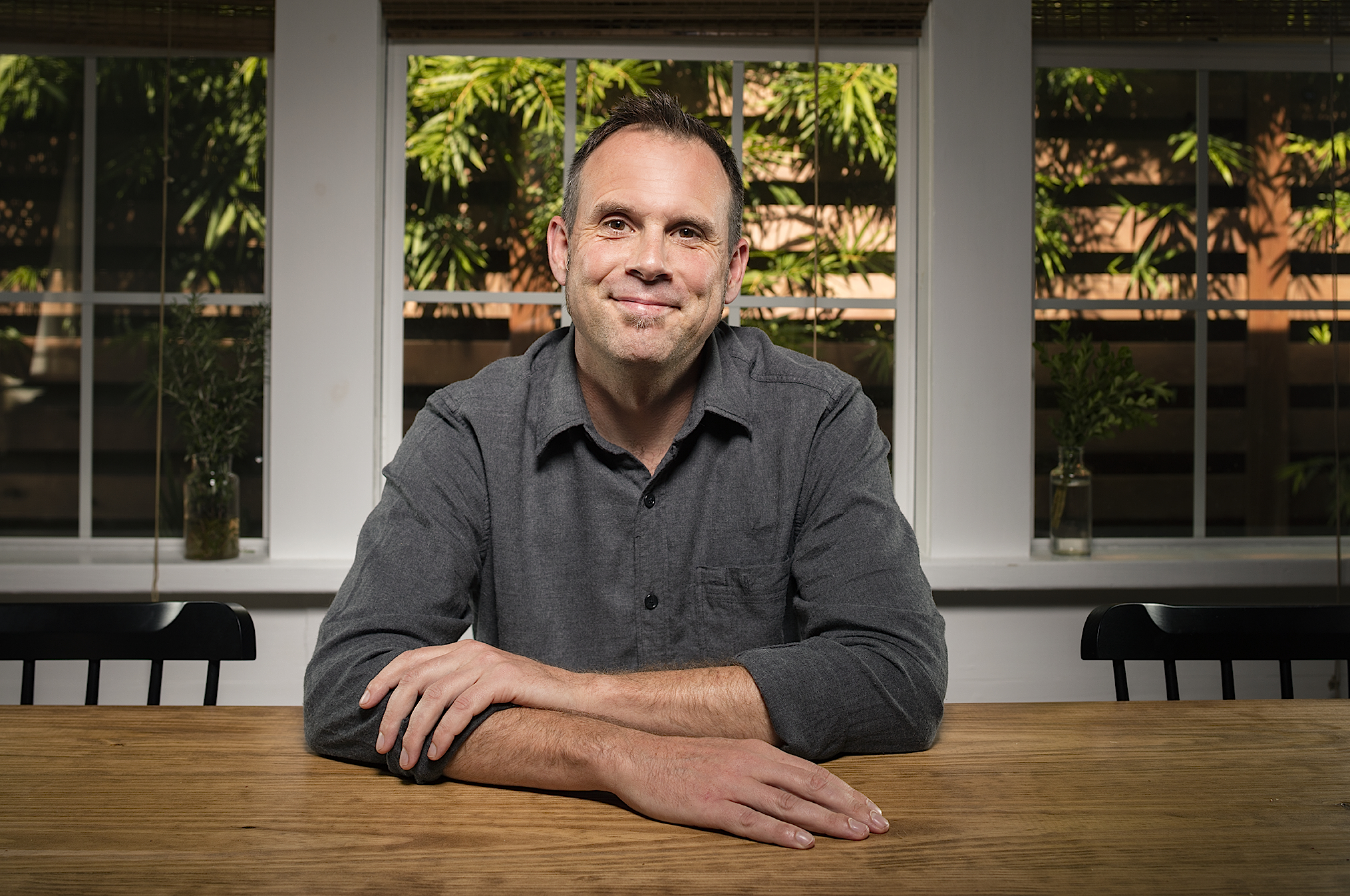The Gift of Your Attention
One of the biggest perks of being a storyteller is that I am schooled in my own attention. In order to write a story about a lonely squirrel, I need to pay attention not only to squirrels, but to loneliness as well. I need to focus on the sensation of loneliness and recall times when I felt lonely. And because I write stories about virtually everything, I need to pay attention to everything, whenever I encounter it. I pay attention, I recall, and then I use that information later when I write a story.
This skill is at the foundation of my wellbeing. Because I am aware of my attention, I have agency over it. I can control it. And if I find myself stuck in resentment or fear or self pity, I can choose to shift my attention toward something else like gratitude for my job, or delight in my children, or hope for the world.
Attention is a skill — and it must be practiced. Taking inventory of how I feel, what I am thinking, and where I am putting my attention is the hardest part because once I know where I am, then I can choose where I want to go. Do I want to mull over the latest news or do I want to marvel at the resilience of my sons? Do I want to be afraid of how a conversation might go or do I want to delight in the possibility of a new connection? Both are valid options — both are “reality” — but the big question, as a storyteller as well as a father and partner, is this: To what “reality” do I wish to attend?
Imagine what you can model to your children as they grow up in the 24-hour news cycle with a constant bombardment of information. You can demonstrate that you — and they — have a choice around where they place their attention and what kind of world they wish to create.
In my latest blog post, I offer suggestions to help you with developing your ability to “attend.” These practical tips might just be your next step in cultivating your own attention muscles.
About the authors
-

David Sewell McCann
Story SpinnerDavid Sewell McCann fell in love with spinning stories in first grade – the day a storyteller came to his class and captured his mind and imagination. He has been engaged in storytelling all of his adult life through painting, film-making, teaching and performing. Out of his experience as a Waldorf elementary class teacher and parent, he has developed a four step method of intuitive storytelling, which he now shares through workshops and through this website.


